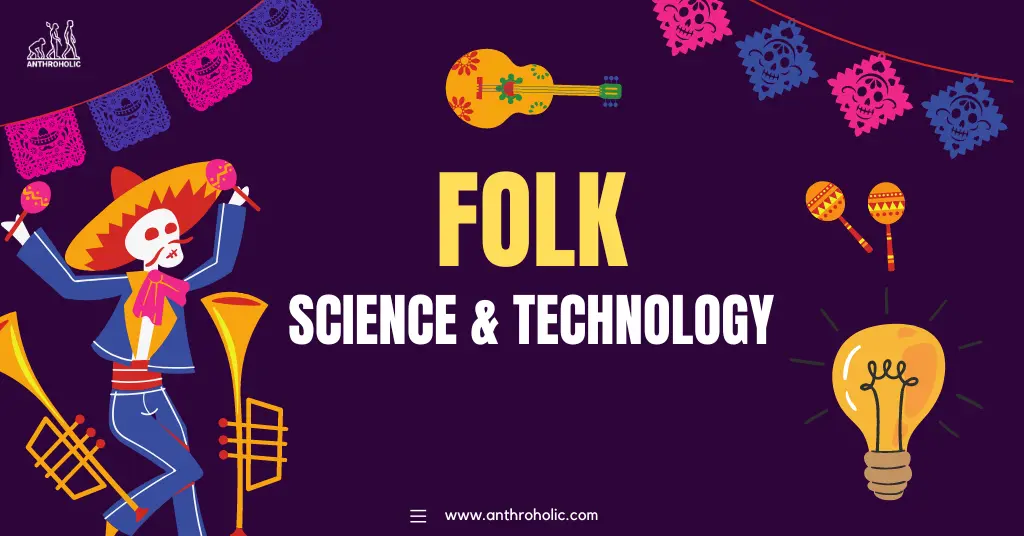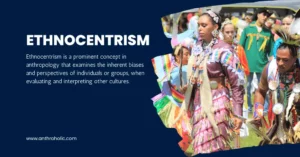AI Answer Evaluation Platform Live Now. Try Free Answer Evaluation Now
Folk Science and Technology
Folk science refers to the body of knowledge that is based on everyday experiences and common sense rather than on the scientific method. It encompasses a diverse array of beliefs, understandings, and explanations for natural phenomena, which are often culturally and socially determined. As technology progresses, the interaction between folk science and technology offers an intriguing perspective on how non-scientific knowledge influences technological advancements and vice versa.

The Landscape of Folk Science
Folk science exists in various forms across cultures. It comprises principles and ideas that may not be empirically tested but are accepted within cultural communities due to traditional practices, observational learning, and shared experiences.
- Mythical Understandings: Folk science often includes explanations of natural phenomena that incorporate spiritual or mythical elements. For example, indigenous tribes around the world have unique explanations for solar eclipses based on their cultural mythos [1].
- Cultural Practices: Some folk scientific beliefs underpin cultural practices and traditions. For instance, certain cultures rely on the phases of the moon to decide the timing of agricultural activities [2].
- Holistic Health Beliefs: Folk science significantly influences traditional medicine and healing practices. Numerous cultures incorporate plants, herbs, and rituals into their healing practices, which are based on centuries-old folk scientific beliefs [3].
Folk Science Meets Technology
As technology advances, it often interacts with folk science in two primary ways: validation and transformation.
- Validation: Modern technology can validate or refute folk scientific beliefs. For example, several traditional medicinal plants have been scientifically proven to have health benefits [4].
- Transformation: Technology can transform folk scientific practices into more effective and efficient methods. A prime example is the use of machine learning in predicting farming cycles based on folk scientific knowledge.
Table 1. Interactions between folk science and technology:
| Folk Science Domain | Example of Technological Validation | Example of Technological Transformation |
|---|---|---|
| Mythical Understandings | Satellite imagery debunking flat earth myth | Use of VR in recreating mythological experiences |
| Cultural Practices | Use of satellites in verifying optimal agricultural times | Digital calendars for religious practices |
| Holistic Health Beliefs | Pharmacological studies validating herbal remedies | AI in diagnosing diseases based on traditional symptoms |
Case Study: Traditional Medicine and Technology
Traditional medicine provides a compelling example of the interplay between folk science and technology. For centuries, people have relied on plants and herbs for healing, guided by folk scientific beliefs. With the advent of modern technology, scientists can now validate these beliefs by isolating and testing the therapeutic compounds found in these plants.
Technological advancements have also transformed traditional medicinal practices. For instance, artificial intelligence (AI) is used in diagnosing diseases based on traditional symptomatology, enhancing the efficiency and accuracy of diagnoses.
The Significance of Folk Science in Technological Development
While often overlooked, the role of folk science in technological development is significant for several reasons:
- Cultural Relevance: Technologies that incorporate folk scientific beliefs are often more readily accepted within communities, facilitating their adoption.
- Innovation: Folk scientific beliefs can provide innovative insights that lead to novel technological solutions.
- Sustainability: Technologies grounded in folk science can promote sustainability, as they are often based on local resources and environmentally-friendly practices.
Conclusion
The intersection of folk science and technology is a fascinating field of study, revealing the interplay between traditional knowledge and modern innovation. This relationship not only validates and transforms folk scientific beliefs but also offers culturally relevant and sustainable technological solutions. Understanding this relationship can help in developing technologies that are not only scientifically sound but also resonate with the people they are intended to serve.
References
[1] Krupp, E. C. (1983). Echoes of the Ancient Skies: The Astronomy of Lost Civilizations.
[2] Leonti, M. (2012). The future is written: Impact of scripts on the cognition, selection, knowledge and transmission of medicinal plant use and its implications for ethnobotany and ethnopharmacology.
[3] Singh, G. et al. (2017). Folk medicinal practices in rural areas of district Bathinda, Punjab, India.
[4] Rates, S.M. (2001). Plants as source of drugs.




